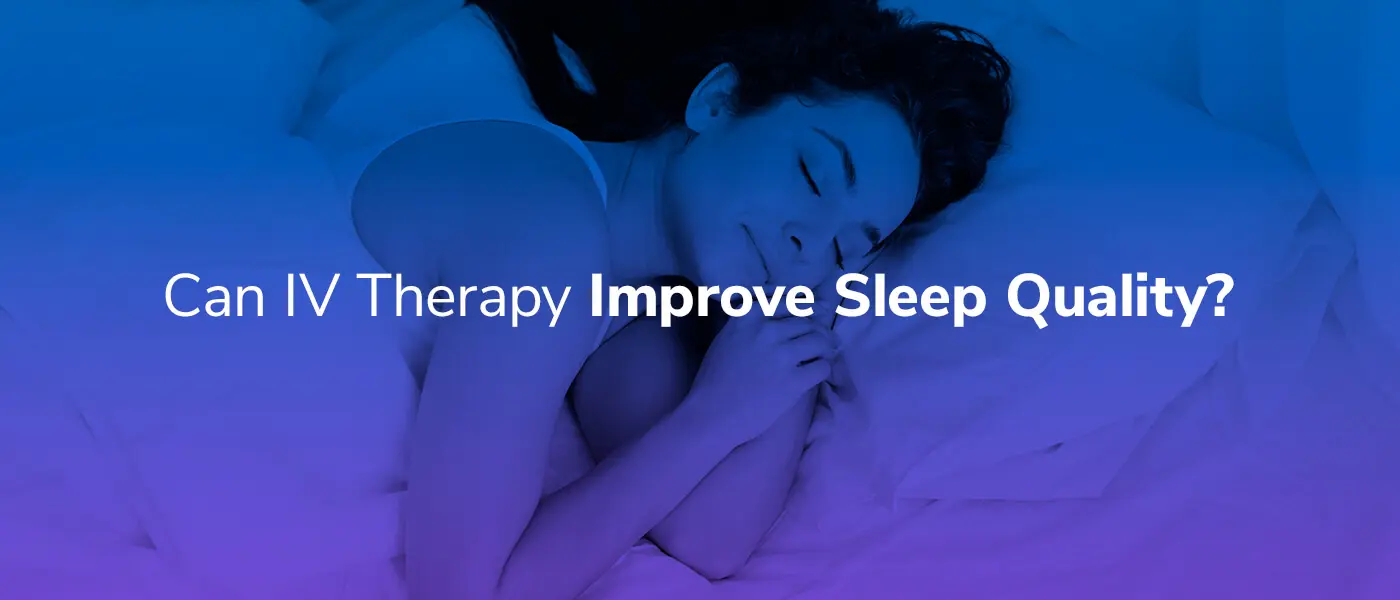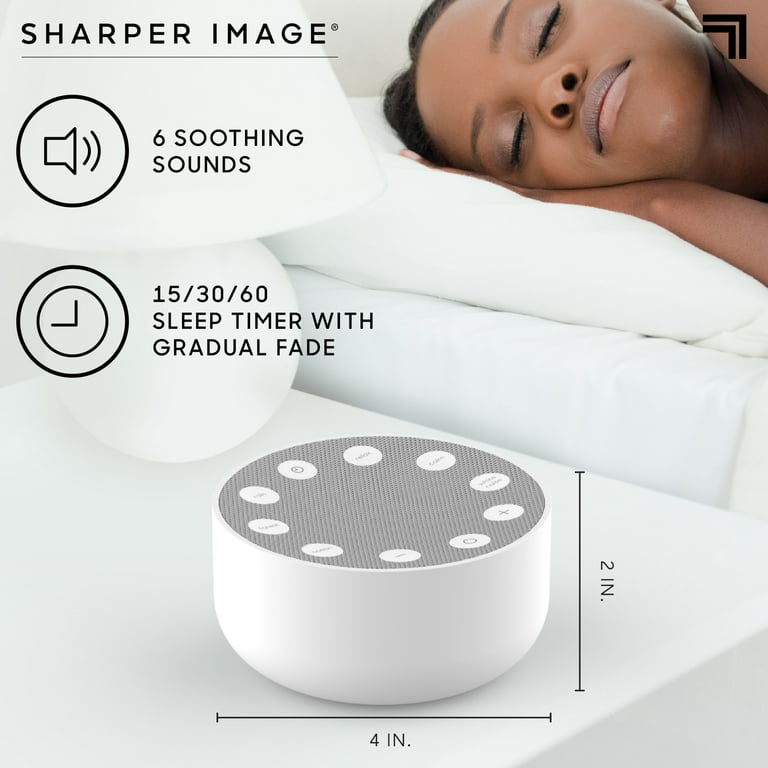Sleep Deprivation Help - Overcome Fatigue and Improve Health
Sleep Deprivation Help - Overcome Fatigue and Improve Health
Blog Article
Efficient Therapy Solutions for Handling Sleep Disorders and Enhancing Relaxing Rest
In the world of medical care, the administration of rest problems and the mission for peaceful rest are critical parts of general wellness. As we navigate the detailed landscape of rest disorders and seek to enhance our sleep experience, a much deeper understanding of these treatment remedies may hold the key to unlocking an extra refreshing and satisfying restorative trip.
Cognitive Behavior Modification for Sleeping Disorders (CBT-I)
Cognitive Behavior Modification for Sleep Problems (CBT-I) is a structured, evidence-based therapy method that concentrates on dealing with the underlying factors adding to sleep disruptions. This sort of treatment aims to change behaviors and thoughts that exacerbate sleep problems, inevitably promoting healthy rest patterns. CBT-I commonly includes numerous key elements, including cognitive therapy, rest constraint, stimulus control, and sleep hygiene education and learning.
Cognitive treatment assists individuals recognize and alter unfavorable thought patterns and beliefs concerning rest that may be hindering their capacity to fall or remain asleep. Sleep constraint includes restricting the amount of time invested in bed to match the person's real sleep period, thereby boosting sleep performance (sleep disorder treatment). Stimulation control methods aid develop a strong organization between the bed and rest by urging people to visit bed only when sleepy and to prevent taking part in boosting tasks in bed
In addition, sleep health education and learning concentrates on creating healthy rest habits, such as maintaining a regular rest schedule, producing a relaxing bedtime routine, and optimizing the sleep atmosphere. By dealing with these elements comprehensively, CBT-I offers an efficient non-pharmacological treatment for taking care of sleeping disorders and enhancing overall sleep top quality.
Sleep Health Practices
Having developed the structure of cognitive restructuring and behavioral modifications in addressing sleeplessness through Cognitive Behavioral Therapy for Sleeping Disorders (CBT-I), the focus now moves in the direction of checking out vital Rest Hygiene Practices for keeping optimum rest quality and general health.
Sleep hygiene practices include a variety of behaviors and ecological variables that can significantly impact one's capacity to go to sleep and stay asleep throughout the night. Regular rest and wake times, producing a relaxing going to bed regimen, and enhancing the rest setting by keeping it dark, silent, and cool are essential parts of excellent rest hygiene. Restricting exposure to displays prior to bedtime, avoiding stimulants like caffeine close to bedtime, and engaging in routine physical activity throughout the day can likewise advertise much better rest high quality.
In addition, exercising relaxation strategies such as deep breathing workouts or meditation before bed can help relax the mind and prepare the body for sleep. By integrating these rest hygiene practices right into one's day-to-day regimen, people can develop a healthy rest pattern that supports relaxing sleep and general health.
Leisure Strategies and Mindfulness
Carrying out relaxation strategies and mindfulness practices can play an essential role in cultivating a sense of tranquility and advertising quality sleep. insomnia specialist. These strategies aim to quiet the mind, reduce tension, and develop an optimum atmosphere for peaceful sleep. One commonly practiced technique is deep breathing exercises, where individuals concentrate on slow, deep breaths to relax the mind and body. Progressive muscle mass relaxation involves tensing and afterwards launching each muscular tissue team, promoting physical leisure. In addition, led imagery can help move individuals to a calm area in their minds, assisting in stress and anxiety reduction and improving rest top quality.
By including these practices into a going to bed routine, individuals can signify to their bodies that it is time to prepare and unwind for rest. Overall, integrating relaxation strategies and mindfulness methods can considerably add to managing rest problems and enhancing total sleep quality.

Medication Options for Sleep Disorders
After exploring leisure methods and mindfulness techniques as non-pharmacological treatments for boosting sleep top quality, it is necessary to consider medicine choices for people with sleep problems. In cases where way of life changes and treatment do not provide enough relief, medication can be a useful tool in handling rest disruptions.
Typically recommended drugs insomnia counseling for rest conditions consist of benzodiazepines, non-benzodiazepine hypnotics, antidepressants, and melatonin receptor agonists. Antidepressants, such as trazodone, can be beneficial for individuals with co-occurring clinical depression and sleep disturbances - insomnia specialist.
It is crucial for people to speak with a health care company to determine one of the most suitable medication alternative based on their details rest problem and case history.
Light Therapy for Circadian Rhythm Policy
Light treatment, likewise referred to as phototherapy, is a non-invasive treatment approach utilized to manage body clocks and improve sleep-wake cycles. This treatment involves direct exposure to brilliant light that resembles all-natural sunlight, which helps to reset the body's inner clock. By exposing individuals to details wavelengths of light, generally in the morning or night relying on the wanted impact, light therapy can successfully adjust the body clock to promote wakefulness throughout the day and boost relaxing sleep during the night.
Study has shown that light therapy can be especially beneficial for people with body clock conditions, such as delayed rest stage disorder or jet lag. It can also be practical for those experiencing seasonal affective problem (SAD), a sort of depression that usually occurs throughout the winter season when natural light direct exposure is lowered. Light treatment is normally well-tolerated and can be utilized in combination with various other treatment methods for rest disorders to optimize outcomes and enhance overall rest top quality.
Final Thought
Finally, efficient treatment solutions for handling sleep problems and boosting relaxed rest consist of Cognitive Behavior modification for Sleeping Disorders (CBT-I), sleep health techniques, relaxation techniques and mindfulness, drug alternatives, and light therapy for circadian rhythm guideline. These strategies can assist individuals enhance their sleep quality and total health. It is crucial to speak with a doctor to figure out one of the most ideal technique for resolving sleep problems.
As we navigate the elaborate landscape of sleep problems and seek to boost our sleep experience, a deeper understanding of these therapy solutions may hold the key to unlocking a much more relaxing and fulfilling restorative journey.
Rest constraint entails restricting the amount of time spent in bed to match the person's real sleep duration, therefore increasing rest efficiency. Regular sleep and wake times, creating a relaxing bedtime routine, and optimizing the rest environment by keeping it dark, silent, and cool are vital parts of good rest health. Light therapy is generally well-tolerated and can be used in combination with other therapy techniques for rest conditions to maximize outcomes and improve overall sleep top quality.

Report this page